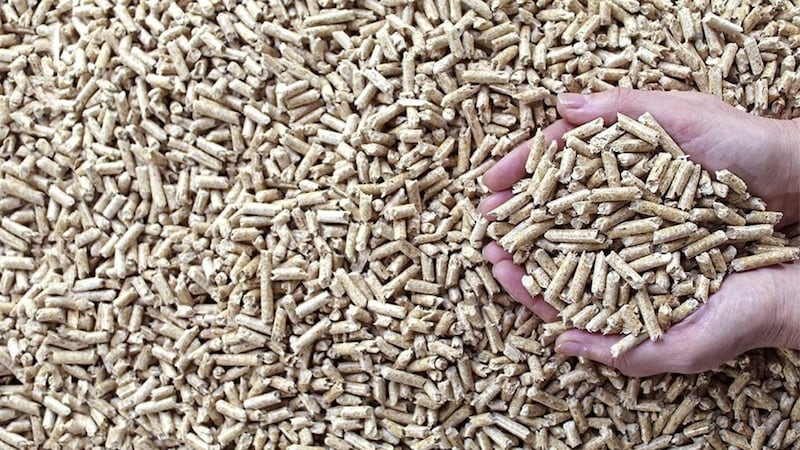THE north's economy is set to grow by just 1 per cent in 2018 as Brexit uncertainty continues to weigh heavily on business investment, according to a new report.
The Northern Ireland Quarterly Sectoral Forecasts report from Danske Bank states it is to be a year of modest economic growth, with a squeeze remaining on consumer spending power.
Danske Bank estimates that the north's economy will grow by 1 per cent in 2018 and then grow by 1.2 per cent the following year. This is considerably less than the 1.6 per cent uplift expected for the overall UK economy.
The analysis states that nearly all sectors of the Northern Ireland economy are expected to grow, with the exceptions being public administration and defence.
The administration & support sector is expected to be the fastest growing in 2018 at 3.5 per cent, followed by the information & communication sector (3.4 per cent) and the professional, scientific & technical services sector (2.6 per cent).
The bank is projecting a rise of 1.3 per cent in the wholesale & retail trade sector this year and 1.1 per cent in 2019, while the manufacturing sector is forecast to grow by 1 per cent and 1.2 per cent in the next two years. Construction output is projected to increase this year and next year by 0.7 per cent and 1.1 per cent respectively.
In terms of the labour market, Danske Bank has said the north is unlikely to maintain its pace of growth from 2017 when employment, measured by the number of employee jobs, grew by 1.6 per cent. They expect an uplift of 0.4 per cent this year and just 0.2 per cent in 2019. Within the labour market the wholesale & retail trade, which has the largest number of employee jobs, is expected to experience a decline in employment of 0.3 per cent in 2018, followed by the same fall in the next 12 months.
Danske Bank chief economist, Conor Lambe said consumers will continue to face some pressure over the next two years, despite the expected decline in inflation.
"Local consumer spending growth is projected to pick up slightly, but the expected 0.7 per cent increase in 2018 is still relatively modest," he said.
Mr Lambe noted, however that a number of risks and uncertainties could affect the forecasts, including continued political uncertainty in Northern Ireland, Brexit and fiscal tightening.
“Brexit-related uncertainty is likely to continue to weigh on business investment as companies still face uncertainty around their future, long-term access to EU markets."
"At present, the most pressing issue is the Northern Ireland border, including how the ‘backstop’ arrangement will be written into the agreement. The latest version of the draft withdrawal agreement shows that this is still an area of disagreement," he added.




